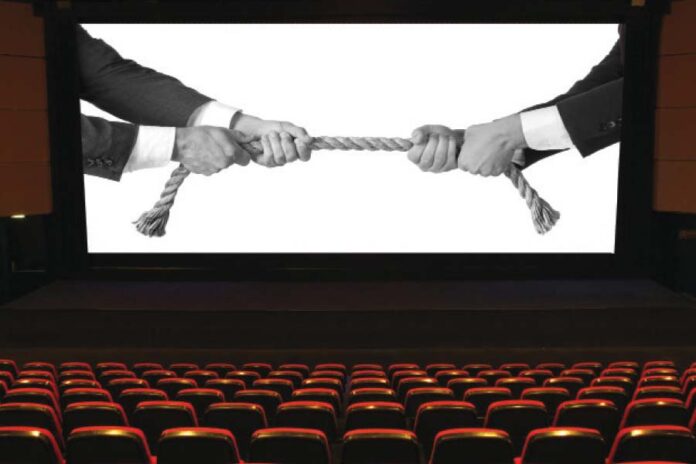The outcome of IMAX’s dispute with E-City Entertainment may be a defining moment in the emergence of arbitration as a viable and enforceable alternative to litigation
Alfred Romann explains
A large silver dome in downtown Toronto, just a few metres from one of the world’s largest lakes, houses IMAX’s first projection system. The Canadian company developed the larger-than-life spherical screen in 1971 and has since used the technology as a springboard for a global entertainment business.
By 2001, the international network of IMAX cinemas included a US$1.5 million projection system in India and two in China. Seven years later, IMAX has sold 13 systems in China and expects to have 40 in place by 2012. But in India, despite the country’s famed enthusiasm for film, there are just four screens.
IMAX had staked its India strategy on a deal with E-City Entertainment to build at least six movie theatres in the country. “IMAX systems were going to be the anchors of these entertainment complexes,” explains Rob Lister, the company’s general counsel. However, the theatres were never built and IMAX’s much-vaunted deal with E-City, part of the Essel Group which operates movie theatres and owns India’s Zee television channels, ended its days in front of an arbitration panel in London.
You must be a
subscribersubscribersubscribersubscriber
to read this content, please
subscribesubscribesubscribesubscribe
today.
For group subscribers, please click here to access.
Interested in group subscription? Please contact us.























